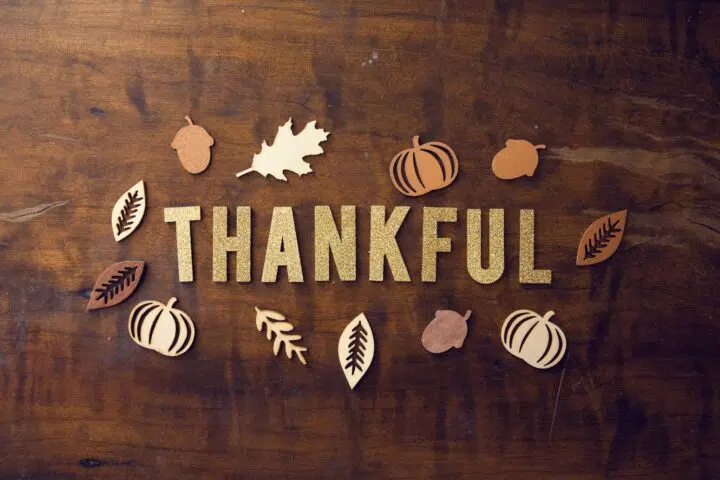A couple of weeks ago, the sitcom Black-ish tackled a subject I’d been hoping they would address, the n-word. If you haven’t seen Black-ish, it’s a clever, funny, heartfelt take on a modern African-American family navigating the tricky waters of diversity. It quite often brings up important conversations, including this one . . . when and how can we or should we use the n-word?
I remember very clearly the one and only time I’ve ever said that word out loud. I was maybe six years old and sitting at the dinner table with my mom, dad, and brother. I was quoting a line from my Winnie-the-Pooh record, although instead of saying “nipper,” I mistakenly said the other thing. Simultaneously, my parents rose up in their chairs and said, “Don’t you ever, ever say that word again!” And I haven’t.
The current rules defining “racist remarks” are challenging. Basically, it comes down to this . . . if you are of that race, you can sometimes refer to it in a self-deprecating or humorous manner. If you are not of that race, you cannot. This applies even if the comment is positive, apparently. My Asian daughter told me she can call herself an “awesome Asian,” but I cannot. Hmm.
When I was growing up, someone close to me sometimes called me “half-breed.” I’m half white and half Mexican. I think he meant it as a bit of a gibe, but I took it as a compliment. I’ve always been extremely proud of my heritage. Which goes to show that, to a certain extent, each person decides when and if they are offended by a word, which just makes things all that much harder.
I remember once hearing in an anti-bullying lecture when I was a kid these lines, “Words do not have power. They cannot hurt you unless you give them power.” If that were true, though, we could all go around saying whatever we wanted whenever we wanted, and it would be up to the listener to decide if he or she felt slighted. There have to be some boundaries to language, right? There has to be a certain level of respect and civility.
The episode of Black-ish concluded in the only way it could . . . the dad told the son that once he understood the history of the n-word, he could decide if he wanted to use it or not. For me, as an historian, I cannot separate myself from the hateful history of this word, so my choice is not to use it. I will, however, write it if my story calls for that. And I will speak it as I read that story, because that is the only way to be true to my character, (though I may cringe while I’m doing so).
None of this makes me right, by the way. It’s just my own compromise with this tricky thing we call language.


